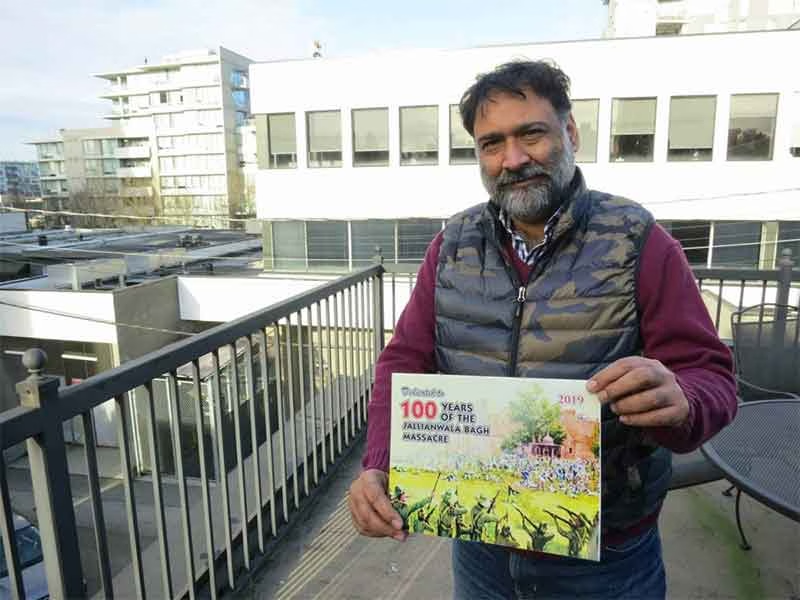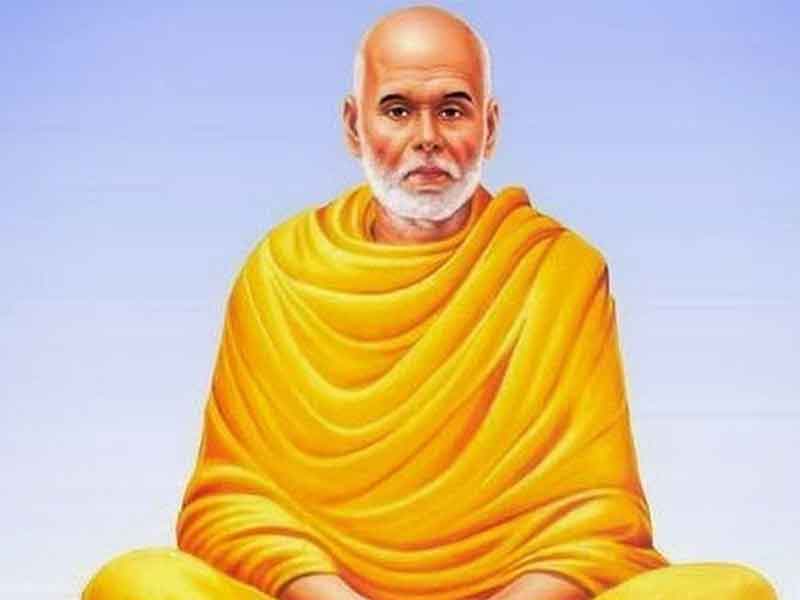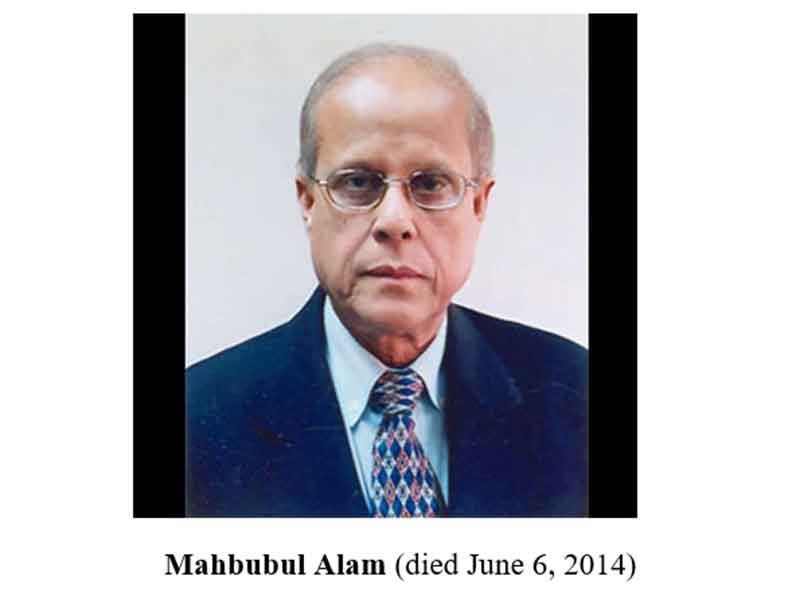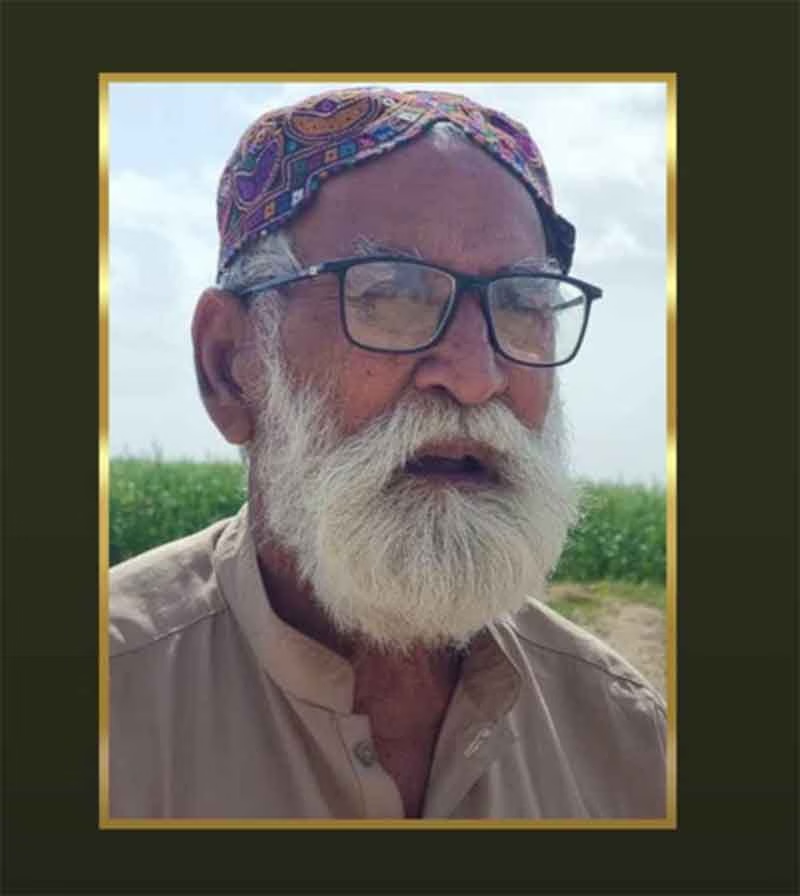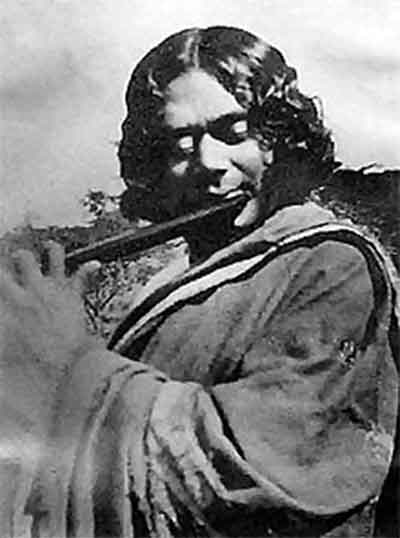
A globally recognized and deeply respected human being, Mohammad Yousuf Tarigami is a stalwart in the political landscape of Jammu and Kashmir. Renowned for his unwavering dedication to the socio-economic upliftment of Kulgam. As a veteran leader of the Communist Party of India (Marxist) and a five-time Member of the Legislative Assembly (MLA) from Kulgam, Tarigami’s legacy is grounded in his relentless commitment to championing the rights of the marginalized communities and advancing the core principles of justice, equality, and development.
With a pragmatic vision for governance, Tarigami has navigated the complexities of a conflict-ridden region to forge a path of progress for his constituents. His steadfast dedication to secularism and his ability to bridge divides have made him an emblem of hope and resilience in the political landscape of Jammu and Kashmir.
Guided by the timeless ethos of Marxism—“From each according to his ability, to each according to his needs”—Tarigami has consistently prioritized policies that ensure equitable distribution of resources, uphold social justice, and foster communal harmony. His work epitomizes the transformative power of people-centric leadership, solidifying his place as a beacon of progressive change in Kulgam.
Early Life and Political Career
Born in 1951 in Kulgam district, comrade Tarigami was deeply influenced by Marxist ideals and a strong sense of social justice from a young age. Motivated by the pressing issues of poverty, unemployment, and inadequate infrastructure in rural areas, he began his political journey through grassroots activism. His relentless efforts to uplift the underprivileged quickly gained him widespread recognition.
Tarigami’s leadership and dedication culminated in his election to the Jammu and Kashmir Legislative Assembly from the Kulgam constituency in 1996. His unwavering commitment to public welfare saw him re-elected in 2002, 2008, 2014, and 2024, solidifying his reputation as a trusted and transformative leader.
Policy Interventions and Socio-Economic Contributions
Advancing Educational Equity
Comrade has been a staunch advocate for inclusive and quality education in Kulgam. His legislative and advocacy efforts focused on securing state and central government support for the establishment and modernization of educational institutions. By prioritizing equitable access to education, particularly for marginalized and underserved communities, his initiatives contributed to a significant rise in literacy rates and the enhancement of academic infrastructure across the district.
Infrastructure Enhancement
Comrade’s tenure brought transformative improvements to Kulgam’s physical and civic infrastructure. He strategically mobilized resources for the construction and upgrading of rural roads, bridges, and essential water supply systems. His efforts ensured that remote and underdeveloped areas benefited from enhanced connectivity and basic amenities, positioning Kulgam as a district with robust foundational infrastructure.
Strengthening Healthcare Systems
Tarigami prioritized healthcare as a critical area of intervention. His advocacy was instrumental in upgrading the District Hospital Kulgam, equipping it with state-of-the-art medical facilities and ensuring sufficient staffing. In addition, he facilitated the establishment of primary healthcare centres in peripheral areas, significantly improving access to healthcare services for rural and underserved populations.
Empowering Agriculture and Rural Economies
Recognizing agriculture as the backbone of Kulgam’s economy, Tarigami consistently championed the rights of farmers. He pushed for policy measures to improve irrigation networks, provide subsidized agricultural inputs, and implement fair pricing mechanisms for produce. These interventions not only increased agricultural productivity but also stabilized rural livelihoods, fostering sustainable economic growth in agrarian communities.
Promoting Social Cohesion and Justice
In a region often fraught with communal and political tensions, Tarigami’s leadership emphasized the importance of secularism, social justice, and communal harmony. Through dialogue-driven initiatives and inclusive governance, he mitigated tensions and built a foundation of trust and cooperation among diverse communities, reinforcing Kulgam’s identity as a bastion of unity and progressive values.
Challenges and Opposition in a Conflict-Ridden Region
Operating in Kulgam, a region significantly affected by militancy and socio-political unrest, Mohammad Yousuf Tarigami has encountered a unique set of challenges that have tested his leadership and resolve.
One of the primary hurdles has been navigating the volatile political environment, where ideological divides and militancy-related disruptions often overshadow developmental agendas. Tarigami’s Marxist ideology and secular approach have drawn criticism and opposition from various political factions, some of whom have sought to undermine his efforts by appealing to sectarian and divisive narratives.
Moreover, the threat of violence and instability in the region has posed significant barriers to implementing developmental projects. Militant activities have frequently disrupted public life, delayed infrastructure initiatives, and created a climate of fear that hampers governance. Tarigami’s strong advocacy for peace and his vocal stance against both extremism and human rights violations have further placed him in a politically sensitive position, making him a target of criticism and intimidation from multiple quarters.
Despite these formidable challenges, Tarigami’s resilience has remained unshaken. His grassroots engagement and unwavering focus on public welfare have enabled him to bridge divides and maintain the trust of his constituents. He has continuously emphasized the need for dialogue, reconciliation, and a development-first approach, positioning himself as a stabilizing force in a conflict-prone region.
Impact on Kulgam’s Political Landscape
Mohammad Yousuf Tarigami’s leadership has left an indelible mark on Kulgam’s political and social fabric. Through his emphasis on grassroots governance, he has empowered local communities to actively participate in decision-making processes, fostering a culture of accountability and transparency.
Subscribe to Our Newsletter
Get the latest CounterCurrents updates delivered straight to your inbox.
His steadfast commitment to secularism and inclusive development has set a benchmark for governance in a region often marred by polarization. By addressing core issues like education, healthcare, infrastructure, and agriculture, Tarigami has transformed Kulgam into a district that balances progress with harmony.
His ability to navigate the complexities of a conflict-ridden landscape, while maintaining his principles of justice and equity, has earned him the respect and admiration of people across political and social divides. Tarigami’s leadership not only serves as a model for Kulgam but also offers a broader lesson on the transformative potential of resilience and integrity in governance.
Dr Mansoor Ahmad Malik, Department of Botany, University of Kashmir

